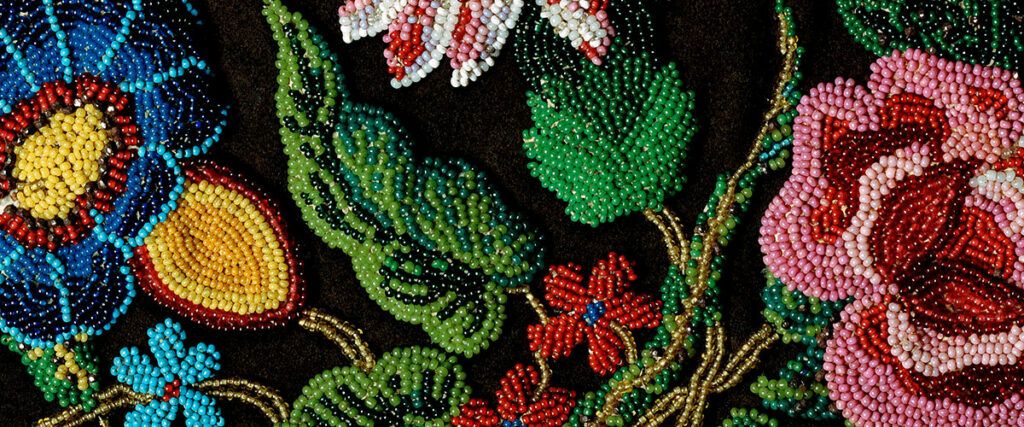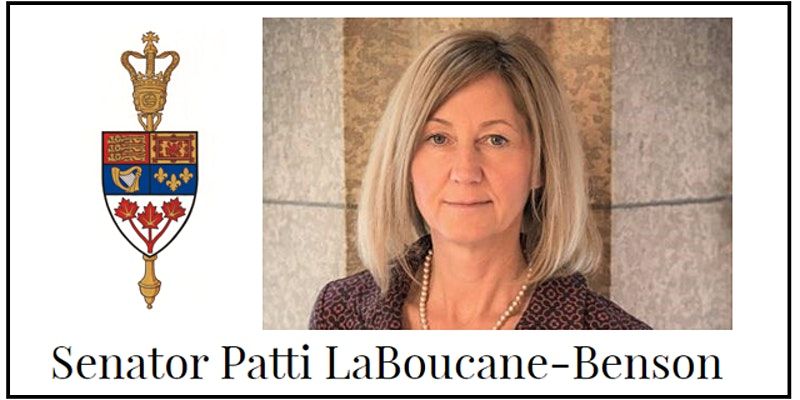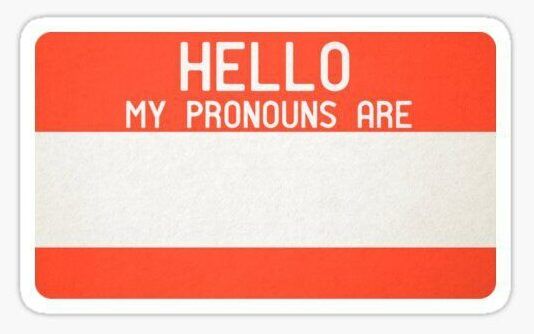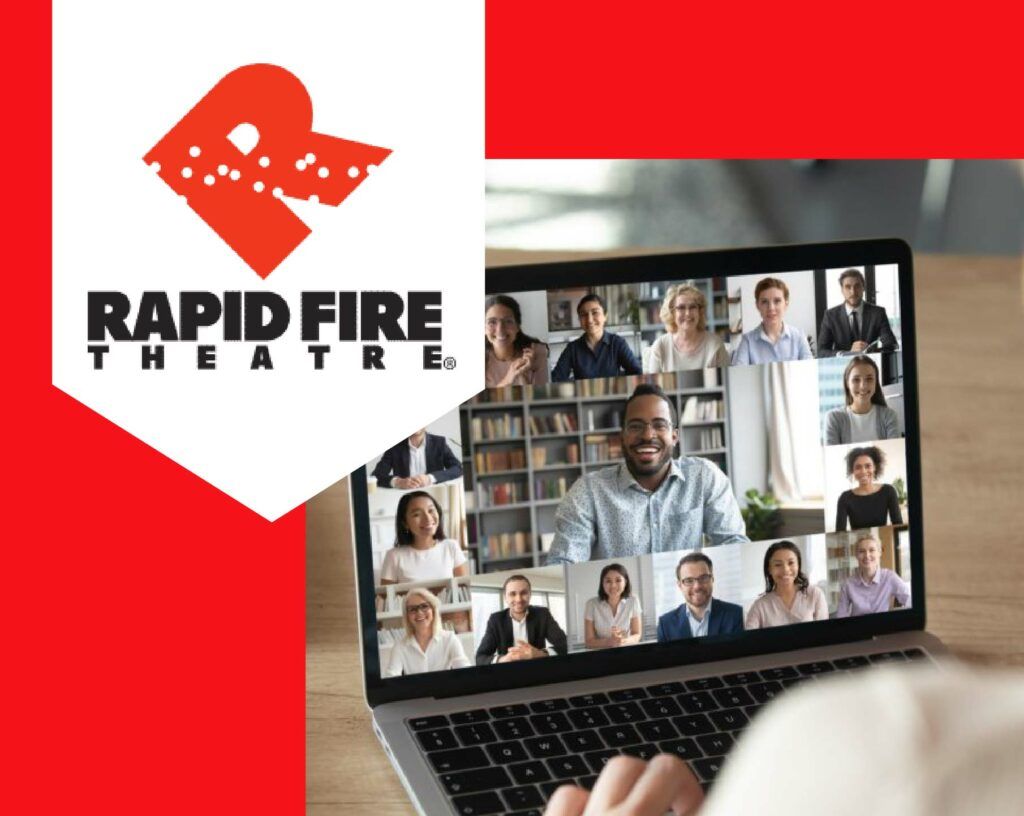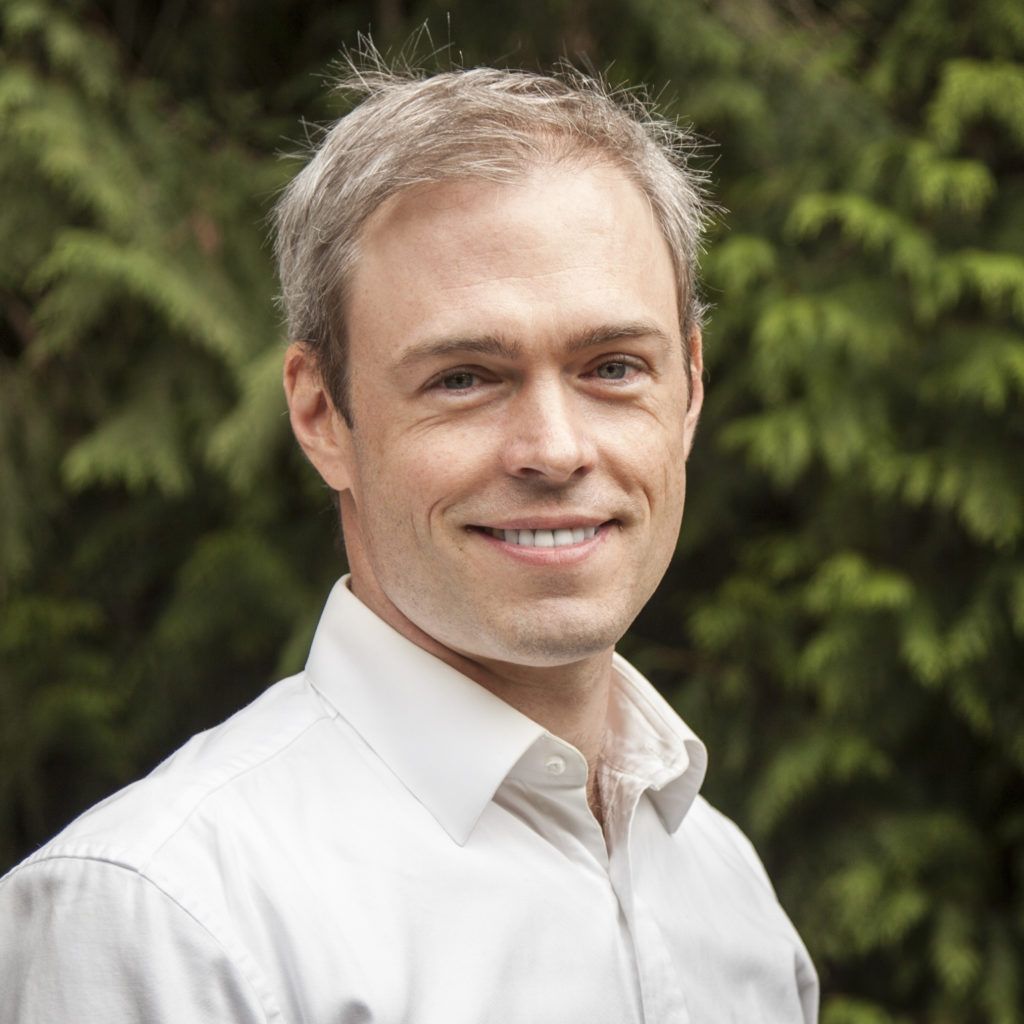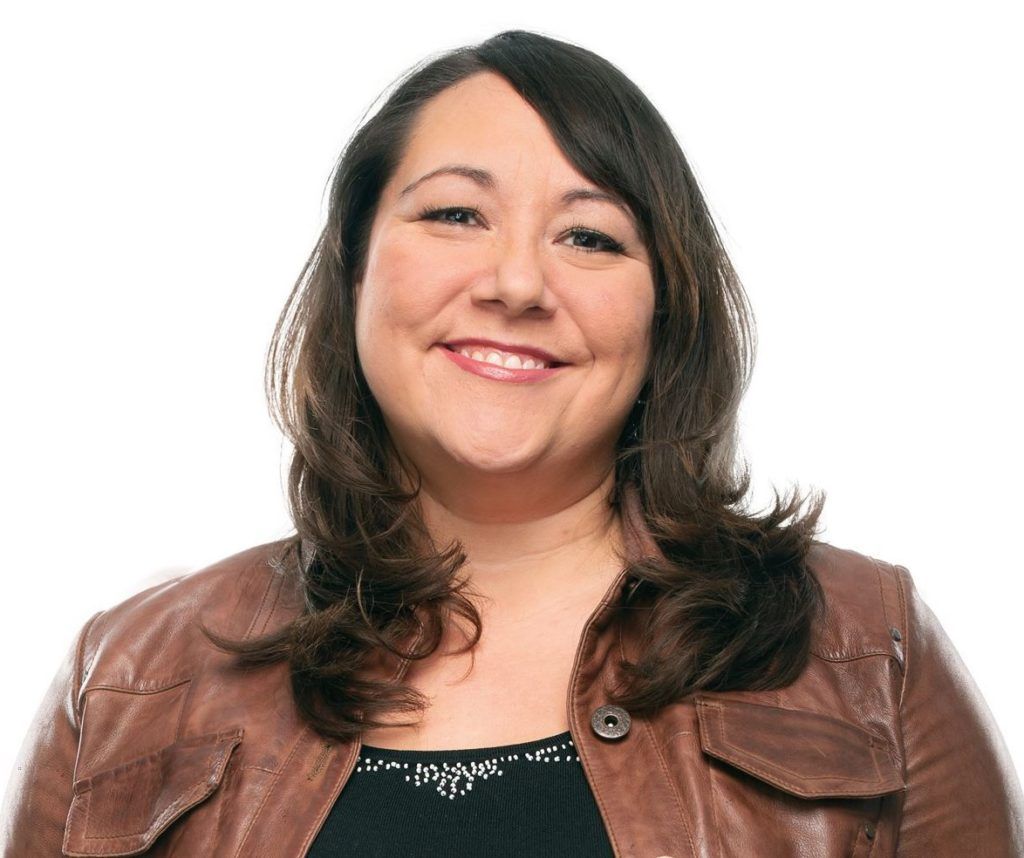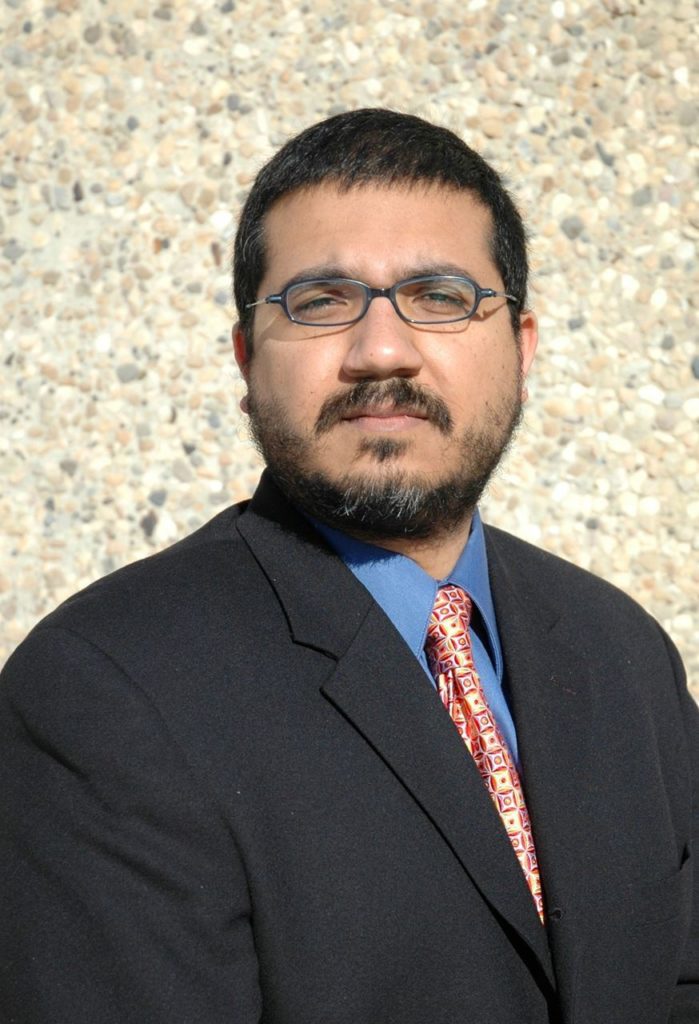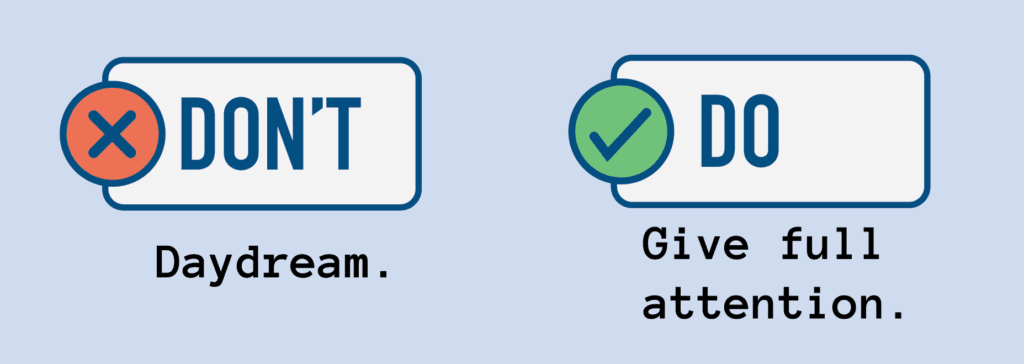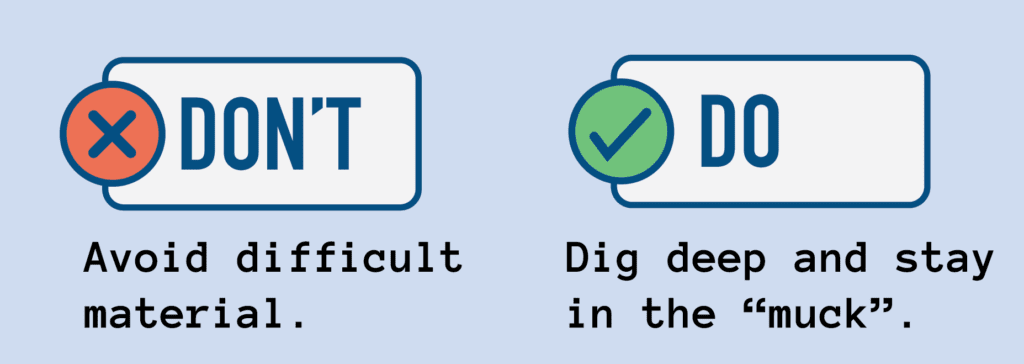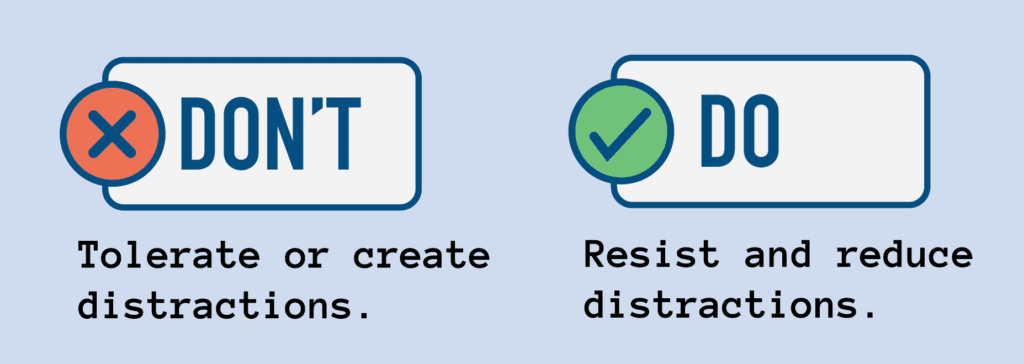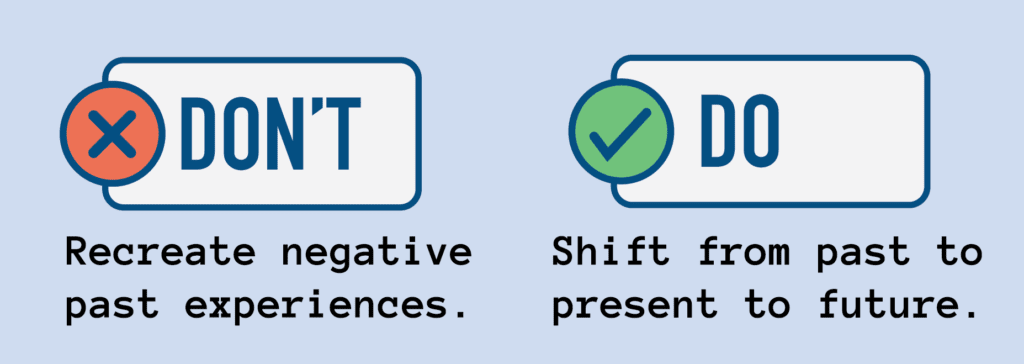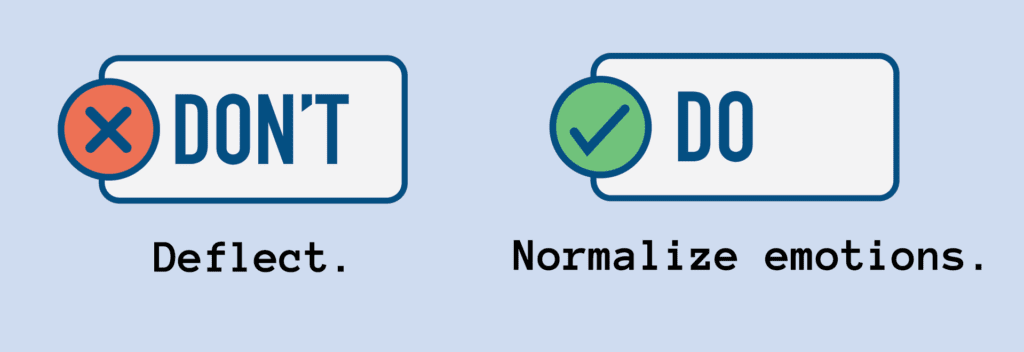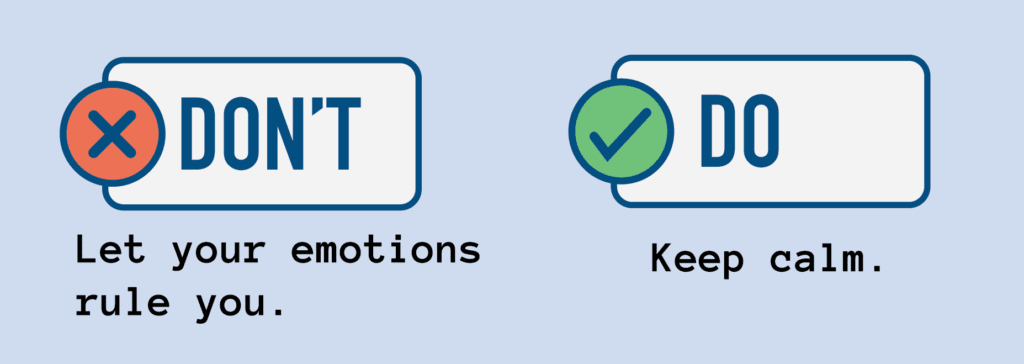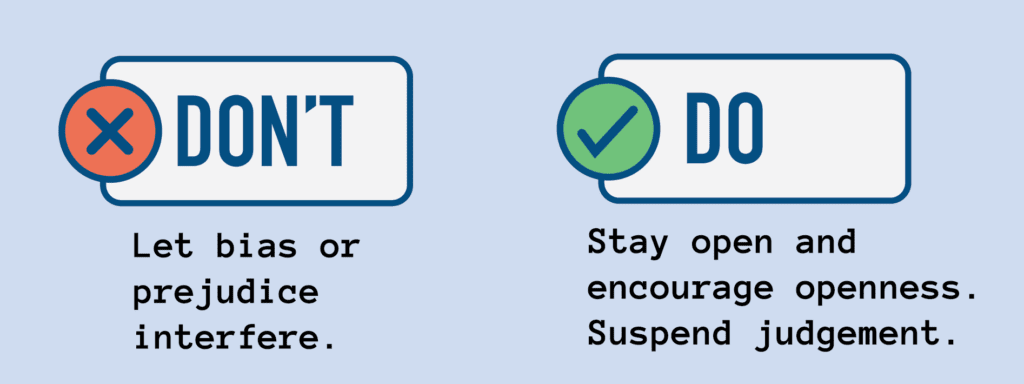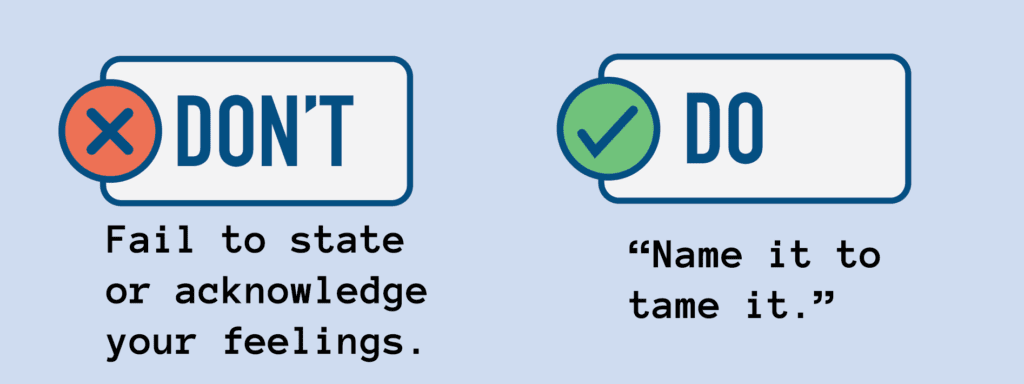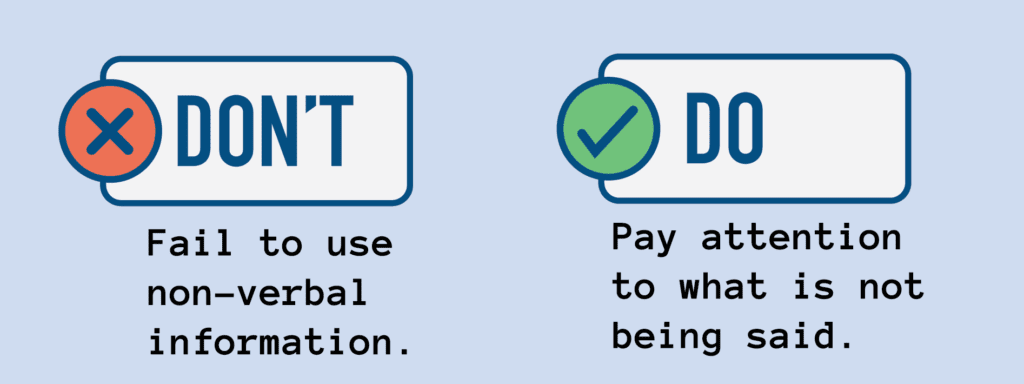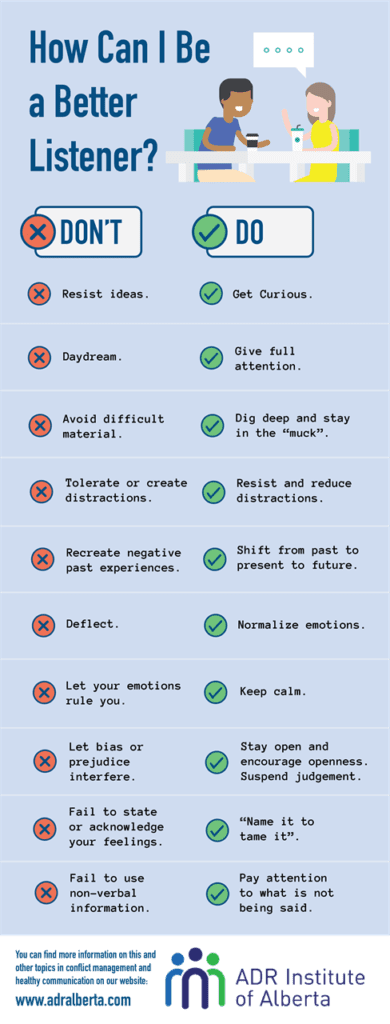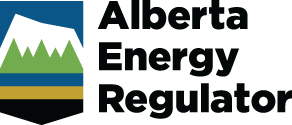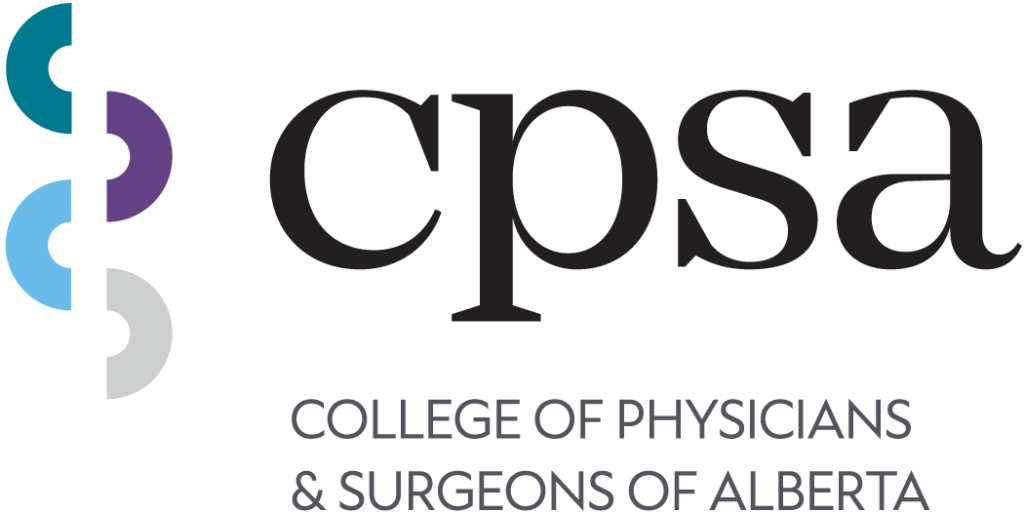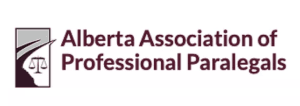Join us for a free webinar on September 29, 2021 at 11:30 am – 1:15 pm
Presenter: Susan Sharp, Vancouver Police Department (VPD) Mounted Unit
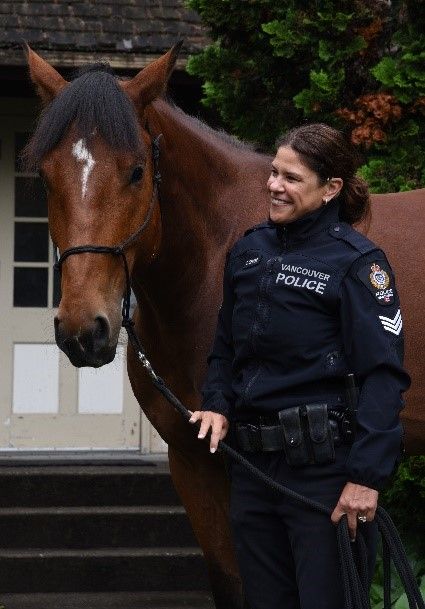
Susan Sharp is the Sergeant in charge of the Vancouver Police Department (VPD) Mounted Unit.
A 22-year member of the VPD, Susan has worked in various operational positions in surveillance, property crime, and the Court and Detention Services section.
She is also a member of the Crisis Negotiator Team, where she is a Negotiating Liaison Officer who advises the Critical Incident Commander .
Susan will share her stories about what it’s like to be a police officer on horseback in Vancouver’s Stanley Park. She will also share some of the strategies her team uses when communicating with a person in crisis or negotiating with a high-risk subject.
Free Webinar: From Horses to Negotiating: A Day in the life of a Vancouver Police OfficerRead More


